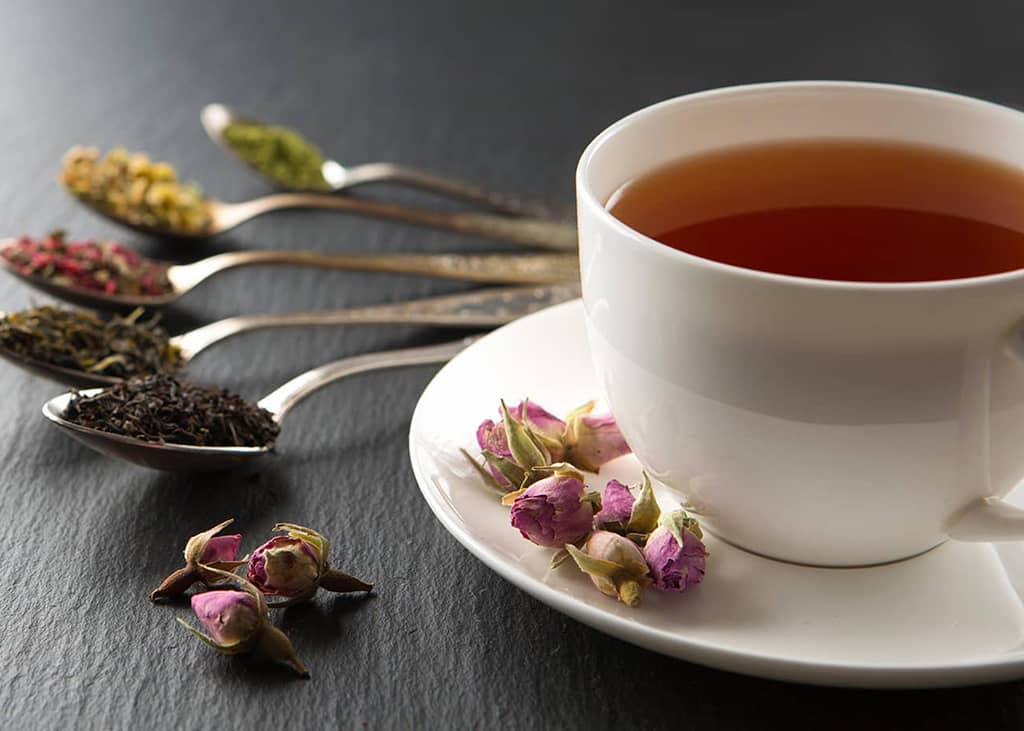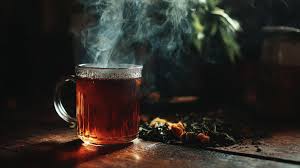
Herbal tea has gained worldwide popularity for its soothing flavors, natural ingredients, and numerous health benefits. Unlike traditional teas, herbal teas are made from herbs, flowers, spices, or fruits rather than the Camellia sinensis plant. They are naturally caffeine-free and perfect for relaxation, digestion, and overall wellness.
What is Herbal Tea?
Herbal tea, also known as tisanes, is an infusion of herbs, flowers, or spices in hot water. Each herbal tea offers a unique flavor profile and health benefits depending on the ingredients used.
Popular Types of Herbal Tea
There are many varieties of herbal tea, each with its own unique benefits:
- Chamomile Tea: Known for its calming effects and support for better sleep.
- Peppermint Tea: Refreshing and soothing, helps with digestion and reduces bloating.
- Rooibos Tea: A South African tea rich in antioxidants, supporting heart health.
- Ginger Tea: Anti-inflammatory and promotes digestion, immunity, and circulation.
- Hibiscus Tea: Tart and flavorful, helps lower blood pressure and supports liver health.
- Lemongrass Tea: Citrusy flavor with potential antibacterial and digestive benefits.

Health Benefits of Herbal Tea
Herbal teas are packed with nutrients, antioxidants, and therapeutic properties:
- Promotes Relaxation: Chamomile and lavender teas reduce stress and improve sleep.
- Supports Digestion: Peppermint and ginger teas relieve bloating and stomach discomfort.
- Boosts Immunity: Herbal teas like echinacea and ginger strengthen the immune system.
- Rich in Antioxidants: Rooibos and hibiscus teas combat free radicals and oxidative stress.
- Heart and Liver Health: Certain herbal teas may help lower cholesterol and support liver function.
How to Brew the Perfect Cup of Herbal Tea
- Use Fresh Ingredients: Choose high-quality herbs, flowers, or tea bags.
- Water Temperature: Most herbal teas require boiling water (around 212°F / 100°C).
- Steeping Time: Steep for 5–10 minutes depending on the herb to release full flavor and nutrients.
- Optional Additions: Honey, lemon, or spices like cinnamon can enhance taste naturally.
Herbal Tea in Daily Life
Herbal tea is versatile and can be enjoyed at any time of the day:
- Morning: Ginger or lemongrass tea for an energizing start.
- Afternoon: Peppermint or chamomile tea to relax and refresh.
- Evening: Chamomile or lavender tea to promote calmness and sleep.
- Cold Beverages: Herbal teas can also be enjoyed iced for a refreshing drink.
Herbal tea is more than a beverage it’s a natural way to support wellness, relaxation, and overall health. With countless flavors and types, herbal teas provide both taste and therapeutic benefits. Incorporating them into your daily routine can boost your well-being while offering a delicious and refreshing experience.






